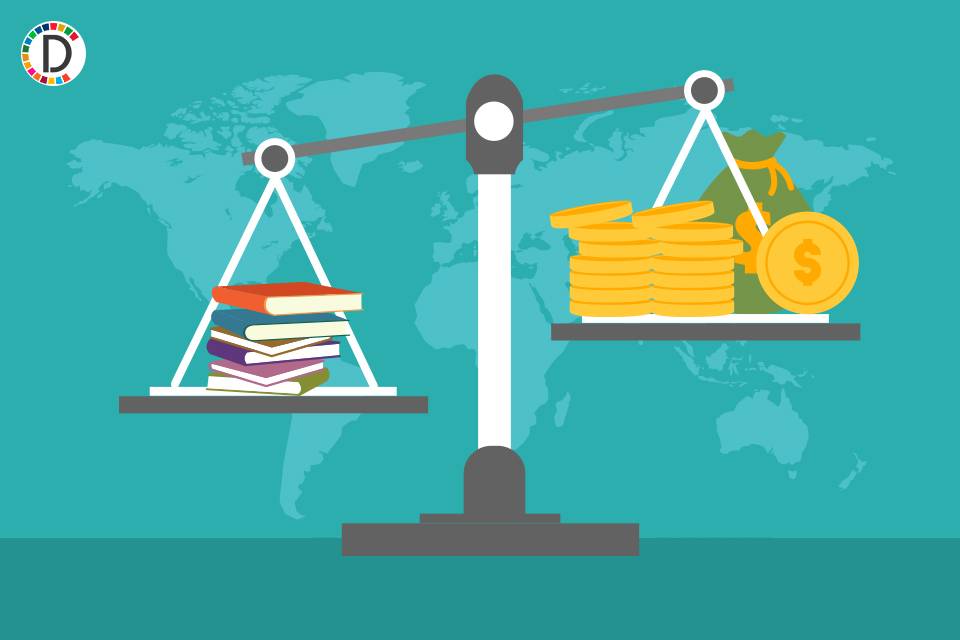EU singles out Poland, Hungary, Slovenia over sliding media freedom
The EU executive and most lawmakers on Wednesday accused Poland, Hungary and Slovenia of undermining media freedoms and launching personal attacks on journalists amid the COVID-19 pandemic. Hungary, where nationalist Prime Minister Viktor Orban has long clashed with the EU on the meaning of democracy, most recently came under pressure for taking an opposition radio station off the air.

The EU executive and most lawmakers on Wednesday accused Poland, Hungary and Slovenia of undermining media freedoms and launching personal attacks on journalists amid the COVID-19 pandemic.
Hungary, where nationalist Prime Minister Viktor Orban has long clashed with the EU on the meaning of democracy, most recently came under pressure for taking an opposition radio station off the air. In Poland, where the eurosceptic government is allied with Orban, protests followed a proposal for a new media tax that the industry has said would threaten its independence.
The EU's executive also condemned Slovenian Prime Minister Janez Jansa's criticism of a reporter who wrote a piece saying media freedom was under pressure amid attempts to overhaul the national press agency there. "The COVID-19 pandemic has shown more than ever the essential role of journalists to inform citizens," the European Commission's top rule of law official, Vera Jourova, told the EU parliament in a debate on sliding media freedoms in the three formerly communist EU countries.
"More than ever it is time to support the work of the media, not put additional burden or pressure on them... there should be no political pressure in the first place," she said. "Unfortunately, in recent months, additional worrying developments have happened."
The EU lawmakers' debate with Jourova came a day after the Civil Liberties Union for Europe advocacy group singled out the same three countries, and others, for increasing political pressure on the media amid a broader squeeze on democracy under the cover of COVID-19 curbs. "The worst changes happened in countries with longer-standing problems with democracy and the rule of law, such as Bulgaria and Romania, and countries ruled by governments with authoritarian tendencies like Hungary, Poland and Slovenia," it said in a report co-sponsored by 14 human right groups.
"Governments in those countries used the pandemic as an excuse to weaken democratic standards further," it said, adding that freedom of association and independence of the courts also suffered. The debate comes as Orban, a self-styled crusader for his vision of "illiberal democracy", is seeking to build a new right-wing group in the European Parliament having left the main centre-right faction amid disputes over the rule of law.
Orban last week called for a new group "that offers a home to European citizens who do not want migrants, who do not want multiculturalism, who have not descended into LGBTQ lunacy, who defend Europe's Christian traditions".
(This story has not been edited by Devdiscourse staff and is auto-generated from a syndicated feed.)
ALSO READ
Poland and the U.S. Seal Patriot Defense Deal Amid Tensions
Mystery Deepens Around Missing Belarusian Opposition Activist in Poland
Poland's Interest Rate Debate Sparks Election Tensions
Poland's Deficit Sparks Concern Amid Rising Defense Expenditures
Poland's Interest Rate Debate Intensifies Amid Election Climate










